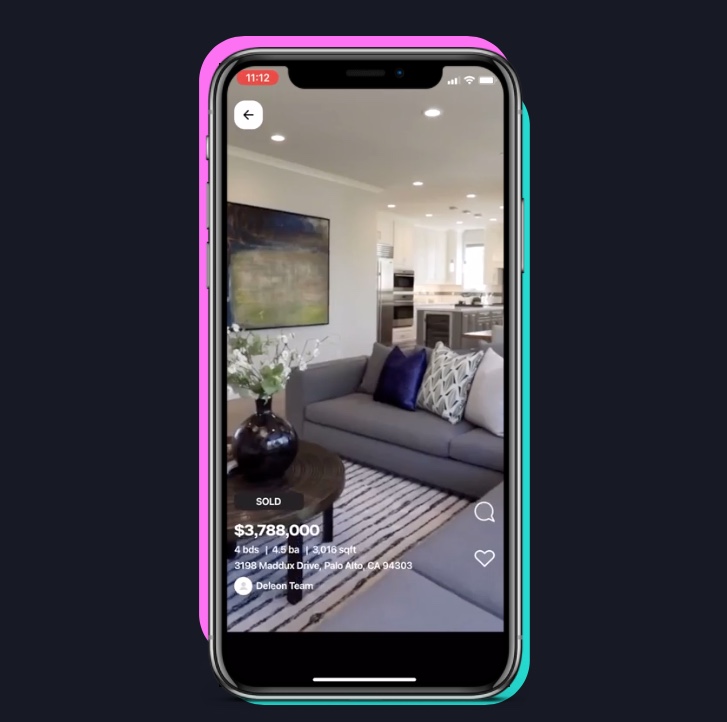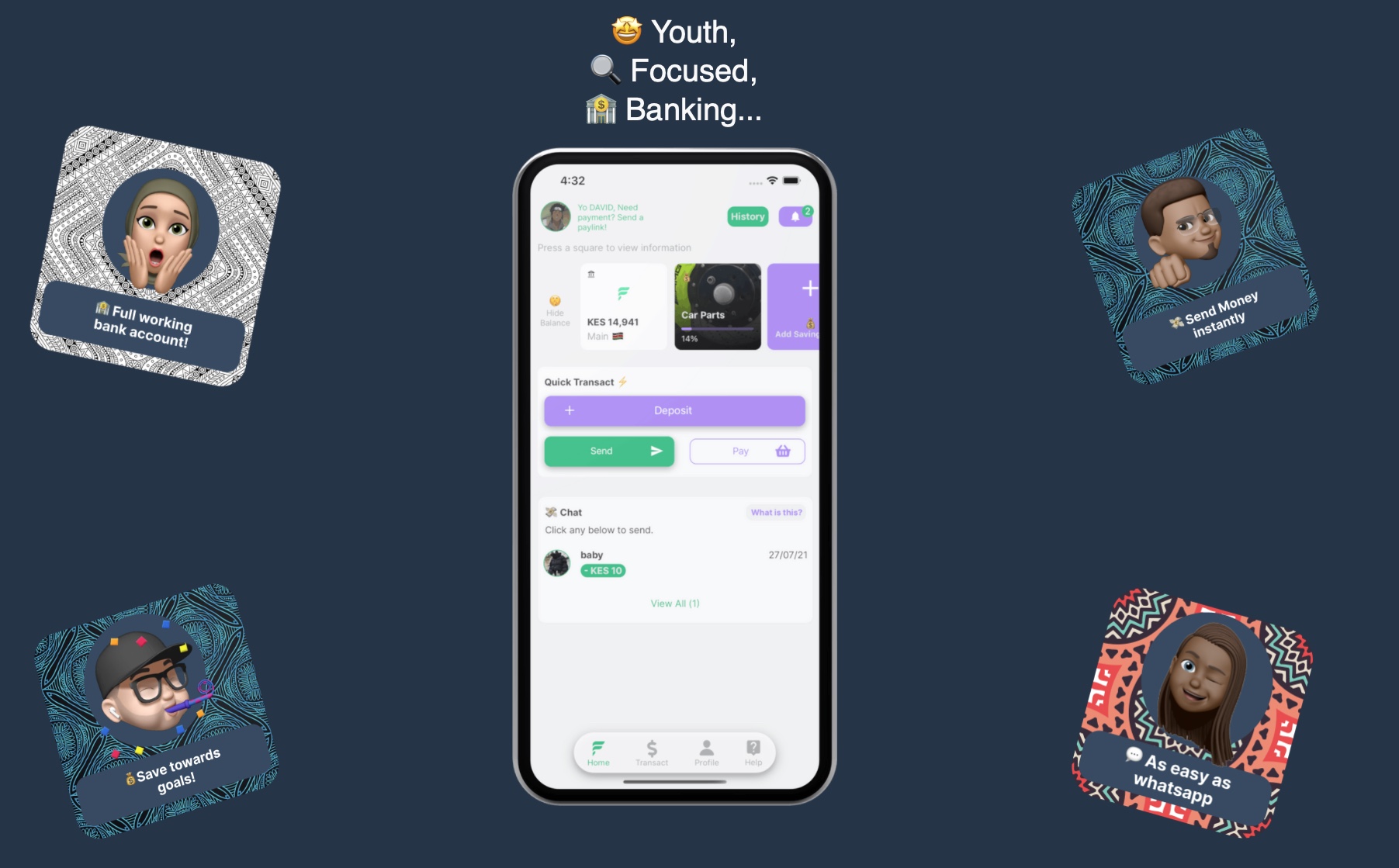Y Combinator kicked off its fourth-ever virtual Demo Day today, revealing the first half of its nearly 400-company batch. The presentation, YC’s biggest yet, offers a snapshot into where innovation is heading, from not-so-simple seaweed to a Clearco for creators.
The TechCrunch team stuck to its tradition of covering every single company live (but, you know, from home) so you’ll find all of the Day One companies here. For those who want a sampling of standouts, however, we’re also bringing you a host of our favorites from today’s one-minute pitch-off extravaganza.
As reporters, we’re constantly inundated with hundreds of pitches on a daily basis. The startups below caught our picky attention for a whole host of reasons, but that doesn’t mean other startups weren’t compelling or potential unicorns as well. Instead, consider the below to be a data point on which startups made us do a double take, be it due to the size of the market opportunity, the ambition exhibited by the founding team or an idea that was just too clever to pass up.
Genei
Genei is, dare I say, a refreshing mashup between robots and writers. The startup has a simple goal: Automatically summarize background reading so content creators can grab the top facts, attribute and move onto the next graf. Writing is innately an art, so I find Genei’s positioning as a tool for writers instead of a replacement out to take their jobs as smart. Better yet, it’s launching by targeting some of the hardest workers in our industry: freelance writers. These folks often have to balance consistent pitches, diverse assignments and tight deadlines for their livelihood, so I’d presume a sidekick can’t hurt. Down the road, I could totally see this startup playing the same role as a Grammarly: a helpful extension of workflows that optimizes the way people who write for a living, write. — Natasha
Playhouse

Image Credits: Playhouse
Playhouse stood out because it’s bringing TikTok energy to behavior that actually could use a short-form, scrollable interface: Zillow surfing. I spend far too much time scrolling through real estate listings, visualizing the indulgence of a balcony — but current real estate sites don’t exactly scream the aesthetic of wanderlust. That’s why I got excited about Playhouse, a TikTok for real estate. With a focus on beautiful apartments and homes, Playhouse is building off of an existing customer habit, instead of trying to convince us of one about to take off. Plus, it has quite a cute name. — Natasha
Akudo
It’s 2021, but I’m still excited when I see a fintech company dedicate significant energy (and branding) to education services as part of the product experience. Akudo is building a learning-focused neobank for teenagers in India, attracting over 70,000 users since its launch. Democratizing the privilege of financial literacy is an evergreen mission, one that this startup is itching at through savvy product features like parental control, guided explanations and on-demand videos on complicated terminology. — Natasha
Metaphor
Any company that is taking on Google’s search hegemony is fine by me, thanks to my personal view that Mountain View’s search tech is more driven today by advertising execs than technologists. Metaphor’s tech sounds incredibly exciting to boot, and thanks to Neeva’s recent round, we know that investors are willing to fund new general search. Sign me up. — Alex
PropReturns and Ivy Homes
It’s too early to claim to have spied on all the trends that we’ll see in this Y Combinator batch, but two startups that have a similar take on the world are PropReturns and Ivy Homes. Both find that the Indian real estate market is opaque, with poor data access and coverage. So they are taking on the data issue to create a marketplace for properties (PropReturns) or buy homes themselves (Ivy Homes). — Alex
Reframe
Lots of people drink too much. Lots of folks don’t get help with problematic drinking, or not until they wind up in the hospital or rehab. I wound up in both. So, Reframe wanting to take on the issue of alcohol use disorder with an app that leans on CBT therapy, journaling, mindfulness and progress tracking caught my attention. It will be interesting to see how the company takes on access because it is a paid service, which could exclude some folks in need. But the market for recovery services is too small today, and frankly often too reliant on solutions that are not properly vetted, to say the least. Let’s hope Reframe can help some people cut back on their boozing, or stop altogether. — Alex
BluumBio
BluumBio sounds like a company you hear about in a science fiction book: It’s making bioengineered plants and bacteria that feed on pollutants like petroleum byproducts and microplastics. Fundamentally that’s just cool — but it also represents a new approach to reducing these harmful substances that can be done in parallel or sequentially with others. With preventative care like emissions capture, better tracking of industrial waste that does get out and a variety of post-emissions restoration options, greenification is everywhere in the process. — Devin
Revolve Surgical
Surgery robots are widely used and effective but still account for only a small proportion of procedures. Any attempt to move the dial is not only good for patients but also relatively low risk since there’s so much room to grow. The tech itself is ambitious and complex, but if Revolve can get it to work, it could bring the future closer to the present. — Devin
SafeBeat
Arrhythmia is not just hard to spell, but hard to diagnose and treat at home. Hospitals are where the all-important EKG happens, after all … until SafeBeat‘s device hits the market in a year. Millions visit the hospital for arrhythmia-related monitoring and complaints, and this could save large amounts of time and money by avoiding doctor visits, bed stays and other huge cost generators. — Devin
Fingo Africa

Image Credits: Fingo Africa
Fingo Africa is just a simple, compelling pitch: a pan-African neobank backed by the continent’s biggest bank that plans to reduce fees by 90%. The potential here is so huge it’s difficult to put into words. If Fingo can convert even one in a hundred users of old mobile payment services and local banks, it’ll be a phenomenal success. More importantly, it saves people doing everyday banking a ton of money. — Devin
Hedgehog
Crypto investing is a wild world that most people still haven’t engaged with. The volatility of the market has generally made it a place that encourages short-term moves and obsessive chart checking among its stakeholders, but that’s not a reasonable expectation for the average investor. Hedgehog follows the robo-adviser model and trades for you, though its claim that it will help you trade at the “best possible price, automatically” raises some eyebrows. This product obviously isn’t a great fit for everyone, but for users interested in a set-and-forget option that isn’t simply holding a cryptocurrency indefinitely, it’s an intriguing play. —Lucas
Pillar
I’m a big fan of products that encourage more coaching, and Pillar is building a platform aimed at helping more Americans get access to health coaching as an employee service. Having candid conversations about how to lead a healthier lifestyle is something most people aren’t going to get from annual check-ins with doctors, and there’s so much room here for people to improve their lifestyles and reduce long-term medical costs by building a relationship more focused on their day-to-day decisions. — Lucas
SenpAI.gg
Getting good at modern multiplayer video games is hard. There’s just too much (“meta”) information to learn, and all of it changes in small but crucial ways with each patch. SenpAI.gg uses visual overlays and voice assistants to try to speed up the learning process by acting as an AI-powered coach, of sorts, offering up strategies and important info while avoiding anything that might be seen as cheating (read: no wall hacks, and it won’t push buttons or aim for you). There’s always going to be another popular game to master and an ever-shifting audience of players looking to master them, so this one is potentially brilliant. — Greg
